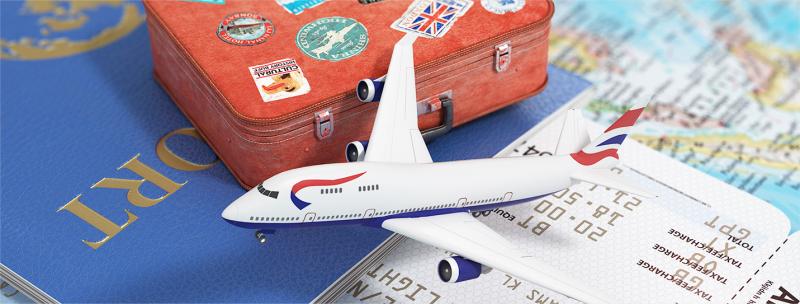5 things most people neglect when buying health insurance
Image

Ever heard of large insurances claims being denied? Negligence can come at a high price. Here are 5 important things to look out for.
1. Keeping your medical records up-to-date.
Go for medical check-ups at least once a year. In many cases, people were unable to file for claims because existing body ailments were not known and declared. Tip: Before meeting your insurance agent, bring along your updated medical records so that they can point out any red flags.
2. Checking your family medical history.
Knowing your own state of health is the bare minimum, but it doesn’t stop there. If your family has a history of medical conditions such as high blood pressure or asthma, you may be more prone to them. No matter how fit or healthy you are, your gene pool is predetermined. Keep your family medical history in mind when looking out for health insurance policies to ensure they provide coverage for specific conditions.
3. High overseas medical treatment costs.
If you find yourself on flights regularly, you probably would have experienced falling sick overseas due to the change in weather, food, or even stress. Seeking medical treatment in another country can often be expensive due to complications such as the absence of medical records and language barriers. In some severe but exceptional cases, you may even need to be transported back home. An insurance plan that includes transportation and/or local hospitalisation would be a wise choice.
4. Making honest declarations.
Do you smoke or drink? When you are applying for health insurance, you are usually asked this question. Smoking and drinking usually lead to a higher premium but there are harsh penalties if you are found guilty of deception. Most importantly, you will lose your insurance benefits immediately and will face obstacles when applying for insurance in the future.
5. Reviewing your plans regularly.
Even if you already have insurance, you should still review your coverage yearly. Make sure that you are kept up-to-date with any changes to your insurance plan. For example, every plan covers differing tiers of medication. A medication that you take regularly could be shifted to a higher tier that results in a higher premium, or even be removed entirely. Switching to another plan will make sense in this case.
Always make clarifications if you’re unsure about something. If you’ve got any questions about healthcare insurance, you can reach out to us here or find out more here.








